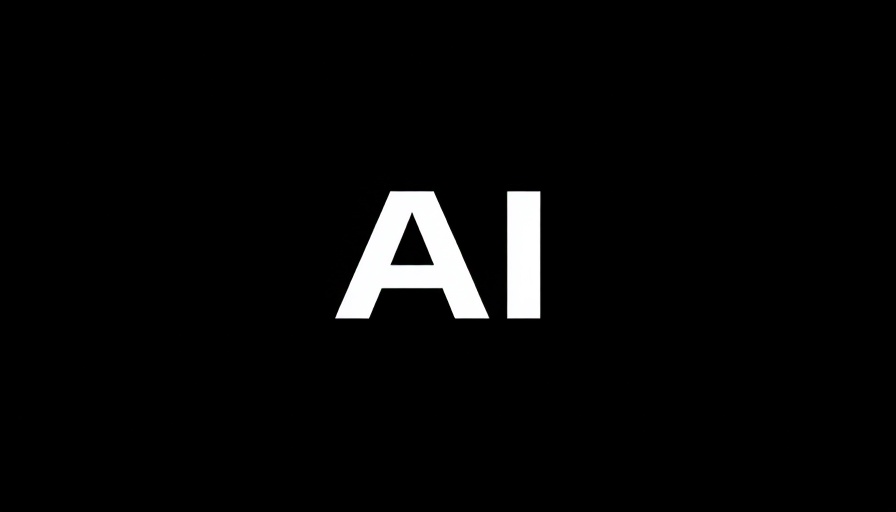
Unveiling Claude 3.7: A Game Changer in AI
In a rapidly evolving landscape dominated by fierce competition among artificial intelligence developers, Anthropic has entered the ring with a promising innovation: the Claude 3.7 Sonnet model. Released recently, this model represents a significant leap in AI capabilities by integrating hybrid reasoning approaches that promise faster responses and enhanced problem-solving. Unlike traditional AI models that purely focus on either quick reactions or extensive analysis, Claude 3.7 is designed to switch seamlessly between these modes, offering users unparalleled flexibility.
Why Hybrid Reasoning Matters
The hybrid reasoning aspect of Claude 3.7 is crucial in addressing the complexities of real-world tasks. Conventional AI models often struggle to balance speed and depth, but with Claude, users can choose between immediate answers or in-depth deliberation. This dual capability not only reflects more closely how humans think but also enhances performance across varied tasks like coding, instruction-following, and even challenging subjects like math and physics.
As highlighted in Reuters, users have control over how long they wish Claude to think before responding, making it adaptable to different demands. In professional environments where precision is paramount, this capability can lead to significant improvements in the quality of output.
Claude 3.7: Designed with Developers in Mind
Alongside the model release, Anthropic has introduced Claude Code, an agentic coding tool that empowers developers to delegate complex tasks directly from their terminal. This autonomous feature allows for fast processing and mitigates the time traditionally required for coding tasks. Early feedback indicates that Claude Code can significantly reduce development overhead, completing multi-step tasks that would typically be arduous.
Practical Implications for Businesses
The introduction of Claude 3.7 positions Anthropic not just in competition with other notable AI firms, like OpenAI and DeepSeek, but also offers distinct advantages in execution and cost. Priced at $3 per million input tokens and $15 per million output tokens, Claude is more economical compared to OpenAI’s rates of $15 and $60, respectively. This pricing strategy is likely to draw in diverse enterprises looking to leverage AI without straining their budgets.
Future Trajectories of AI Reasoning Models
Anthropic’s focus on integrating reasoning capabilities aligns with future trends in AI development. As the market increasingly favors systems that augment human capabilities, Claude 3.7 is set to play a pivotal role in how businesses operate, particularly in tasks that require a combination of quick thinking and astute reasoning.
This evolution is crucial as AI becomes more prevalent in business decision-making processes. Claude 3.7’s successful implementation may encourage other AI developers to explore similar hybrid models, thus reshaping the industry landscape.
Safety and Responsibility in AI Development
Notably, Anthropic has prioritized safety and ethics in its AI systems. With new safety protocols in place, Claude 3.7 is designed to recognize harmful requests more adeptly, reducing unnecessary refusals compared to prior models. As AI systems become more intricate, ensuring they interact responsibly with users must remain a fundamental tenet of development.
Conclusion: Embracing the Future of AI
The launch of Claude 3.7 Sonnet and Claude Code signifies a key milestone in the AI sector, blending speed and reasoning into a cohesive model. Staying informed about advancements like these can help businesses better prepare for the growing influence of AI technologies. To discover more about how AI can enhance productivity and support larger projects, stay engaged with developments in the AI field.
 Add Row
Add Row  Add
Add 


 Add Row
Add Row  Add
Add 

Write A Comment